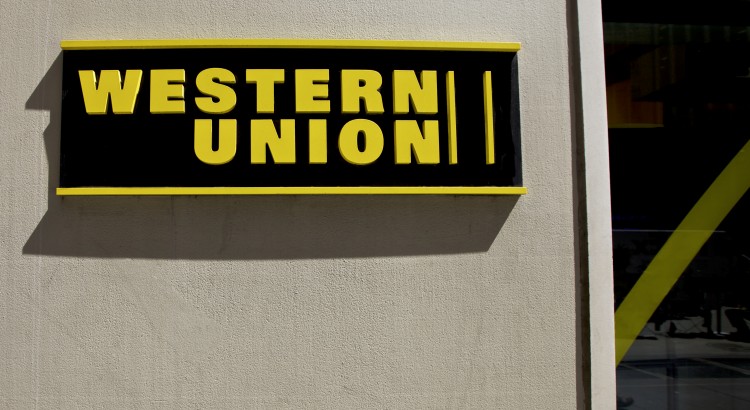The Western Union Company found itself facing a class action lawsuit in California federal court after disclosing that it agreed to pay the U.S. government $586 million to settle claims that it violated anti-fraud laws and aided and abetted fraud between 2004 and 2012.
Shareholder Martin Herman is suing the company and three top executives, following the fraud disclosure, on behalf of investors who purchased stock between February 14, 2012, and January 19, 2017. The investors suffered a loss after the stock price took a hit following Western Union’s public fraud disclosure.
On January 19, Western Union admitted that it failed to maintain an effective anti-money laundering program and to aiding and abetting wire fraud, resulting in the $586 million fraud disclosure settlement to resolve charges from the Federal Trade Commission and criminal charges from the Justice Department.
Herman’s basis for the lawsuit stems in part from SEC filings between 2012 and 2016 claiming that Western Union’s fraud prevention measures were “effective” and compliant with its regulatory responsibilities. When news of the fraud disclosure charges and subsequent settlement were made public, the complaint alleged that these statements were materially false and misleading, resulting in damage to investors.
Following the fraud disclosure, stock prices fell $.87 per share, over 3.9 percent of the total, over two trading days following the news to the public.
The suit claims that had investors known Western Union’s statements were misleading, he and other proposed class members would not have purchased stock in the company.
As part of its agreement for the fraud disclosure, Western Union admitted it violated the Bank Secrecy Act and other anti-fraud laws. Authorities claimed that fraudsters would contact unwitting victims, pretending to be relatives who needed money for a variety of reasons. The money would be sent through Western Union, with the help of complicit agents within the company who received a cut of payments in exchange for their cooperation.
The authorities claimed that Western Union knew about such activity as far back as 2004 due to consumer fraud reports. The company failed to implement measures to prevent further losses which resulted from the actions of more than 2,000 agents worldwide between 2004 and 2012.
Call a Los Angeles Securities Fraud Attorney Today
If you invested in Western Union between the dates mentioned, or are a shareholder in another company that you believe is being similarly mismanaged, you may have certain legal rights that require your immediate attention.
Contact an experienced Los Angeles securities attorney today for a consultation to discuss your rights and options.
